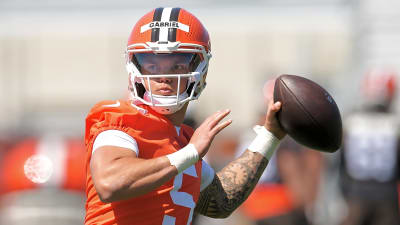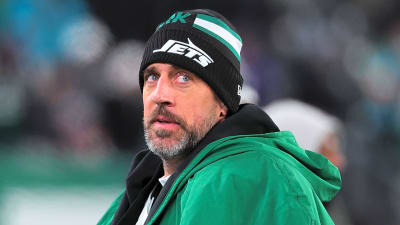
A federal judge on Friday approved a historic settlement that will allow colleges to begin directly paying student-athletes, signaling the most significant shift in the history of college sports and effectively dismantling the amateurism model that defined the NCAA for more than a century.
U.S. District Judge Claudia Wilken, who has long presided over high-profile NCAA cases, gave final approval to the House v. NCAA settlement, nearly five years after Arizona State swimmer Grant House and others filed suit seeking to end restrictions on athlete compensation. Under the agreement, schools can distribute up to $20.5 million annually to athletes, beginning as soon as July 1. Additionally, $2.7 billion will be paid out over 10 years to thousands of former athletes.
The ruling completes the transition that began with Wilken’s earlier decisions, including her 2014 ruling in favor of Ed O’Bannon, and the NCAA’s 2021 decision to allow athletes to profit from their name, image and likeness. The new revenue-sharing model pushes even further, professionalizing college athletics and placing much of the power in the hands of the four major conferences.
While athletes in high-revenue sports like football and men’s basketball stand to benefit significantly with some reportedly landing NIL deals worth more than $10 million, the settlement could reduce opportunities for walk-ons and Olympic sport athletes. In response, Wilken mandated a process to allow athletes cut during early implementation to be reinstated.
Key dates include the June 11 launch of the NIL Go portal, a June 15 opt-in deadline for non-defendant schools, and the start of revenue sharing on July 1. Schools must also comply with new roster limits by their sport’s season start or by Dec. 1 for winter and spring sports.
Despite the sweeping changes, legal uncertainty remains. Varying state laws and the absence of a federal NIL framework leave room for future litigation. NCAA President Charlie Baker continues to push for national legislation and antitrust protection to stabilize the rapidly evolving landscape.
Still, attorneys behind the settlement argue it delivers what athletes have long deserved, which is a share of the billions their efforts generate from TV deals, merchandise, and championships. As the 2025–26 academic year begins, the college sports model will look unlike anything seen before.
More must-reads:
- Where the NASCAR Cup Series playoff picture stands after Michigan
- Mets' Pete Alonso reaches notable milestone in rout vs. Rockies
- The 'Most points in Game 1 of an NBA Finals' quiz
Breaking News
Trending News
Customize Your Newsletter
 +
+
Get the latest news and rumors, customized to your favorite sports and teams. Emailed daily. Always free!







